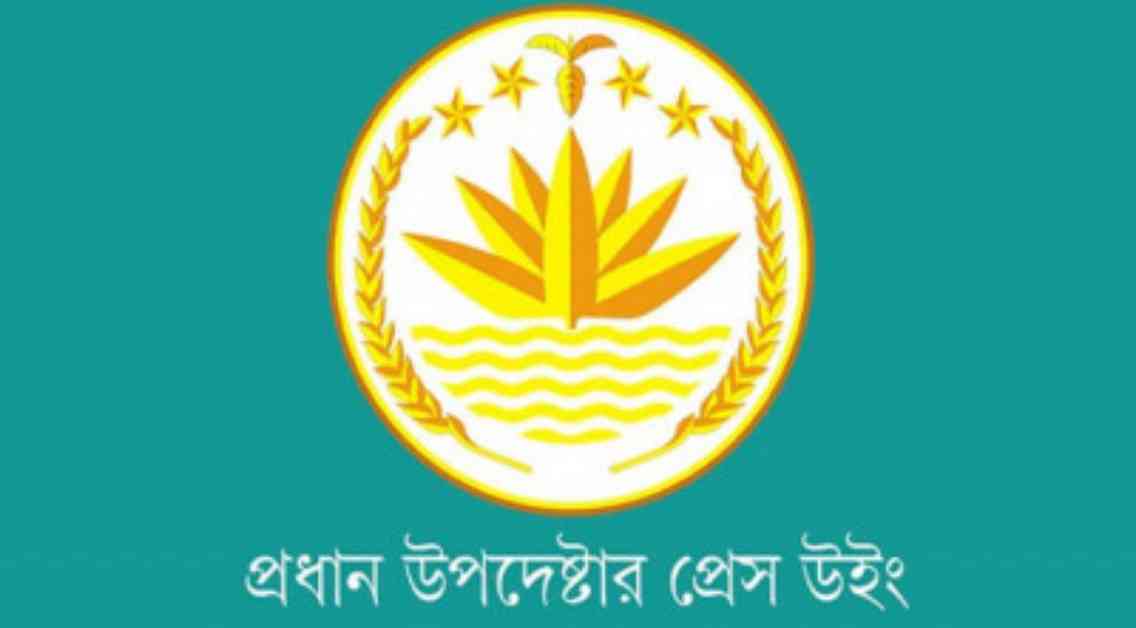Tulsi Gabbard Criticizes Bangladeshi Government in Interview
Dhaka: Tulsi Gabbard’s recent comments about Bangladesh have stirred deep emotions within the Bangladeshi government, leading to heightened tensions. The government expressed profound distress over Gabbard’s allegations, labeling them as baseless and harmful. The controversy arose following Gabbard’s statements accusing Bangladesh of religious minority persecution, violence, and oppression. She also raised concerns about the presence of “Islamic extremists” advocating for an Islamic Caliphate in Bangladesh.
The government’s response was swift, with a press statement issued on Monday (March 17th) by the chief spokesperson. The statement highlighted the government’s deep concern over Gabbard’s focus on alleged violence against religious minorities in Bangladesh and the portrayal of the country in a negative light. The government emphasized Bangladesh’s commitment to upholding peaceful and inclusive Islamic traditions, condemning any form of extremism or terrorism.
Expert Insights on the Controversy
Expert analysis on the situation highlighted the potential impact of Gabbard’s comments on Bangladesh’s global image and reputation. Dr. Ahmed, a political analyst, remarked, “Such statements from prominent figures can significantly influence international perception and diplomatic relations. It is crucial for accurate information and constructive dialogue to prevail in such sensitive matters.”
Dr. Ahmed’s comments shed light on the broader implications of Gabbard’s remarks and the importance of responsible communication in global discourse. He emphasized the need for nuanced discussions and fact-based narratives to avoid misrepresentations and misunderstandings that could harm diplomatic relations.
Addressing Misconceptions and Promoting Understanding
The Bangladeshi government’s efforts to address misconceptions and promote understanding were evident in their response to Gabbard’s comments. By affirming the country’s commitment to peaceful Islamic practices and condemning extremist ideologies, Bangladesh aimed to clarify its stance on religious tolerance and national security.
In a rapidly evolving global landscape, characterized by complex geopolitical dynamics and cultural diversity, the need for informed, respectful dialogue becomes paramount. As nations navigate delicate issues related to religion, security, and human rights, fostering mutual understanding and cooperation is essential for peaceful coexistence and international harmony.
In conclusion, the controversy surrounding Tulsi Gabbard’s comments underscores the significance of accurate information, responsible communication, and empathetic engagement in international affairs. By promoting dialogue, addressing misconceptions, and upholding values of tolerance and respect, nations can build bridges of understanding and collaboration in an increasingly interconnected world.
























